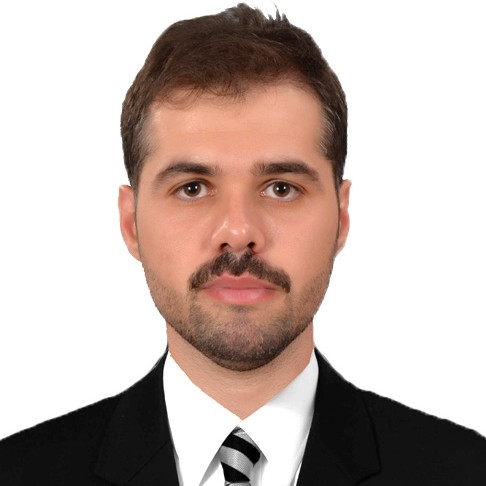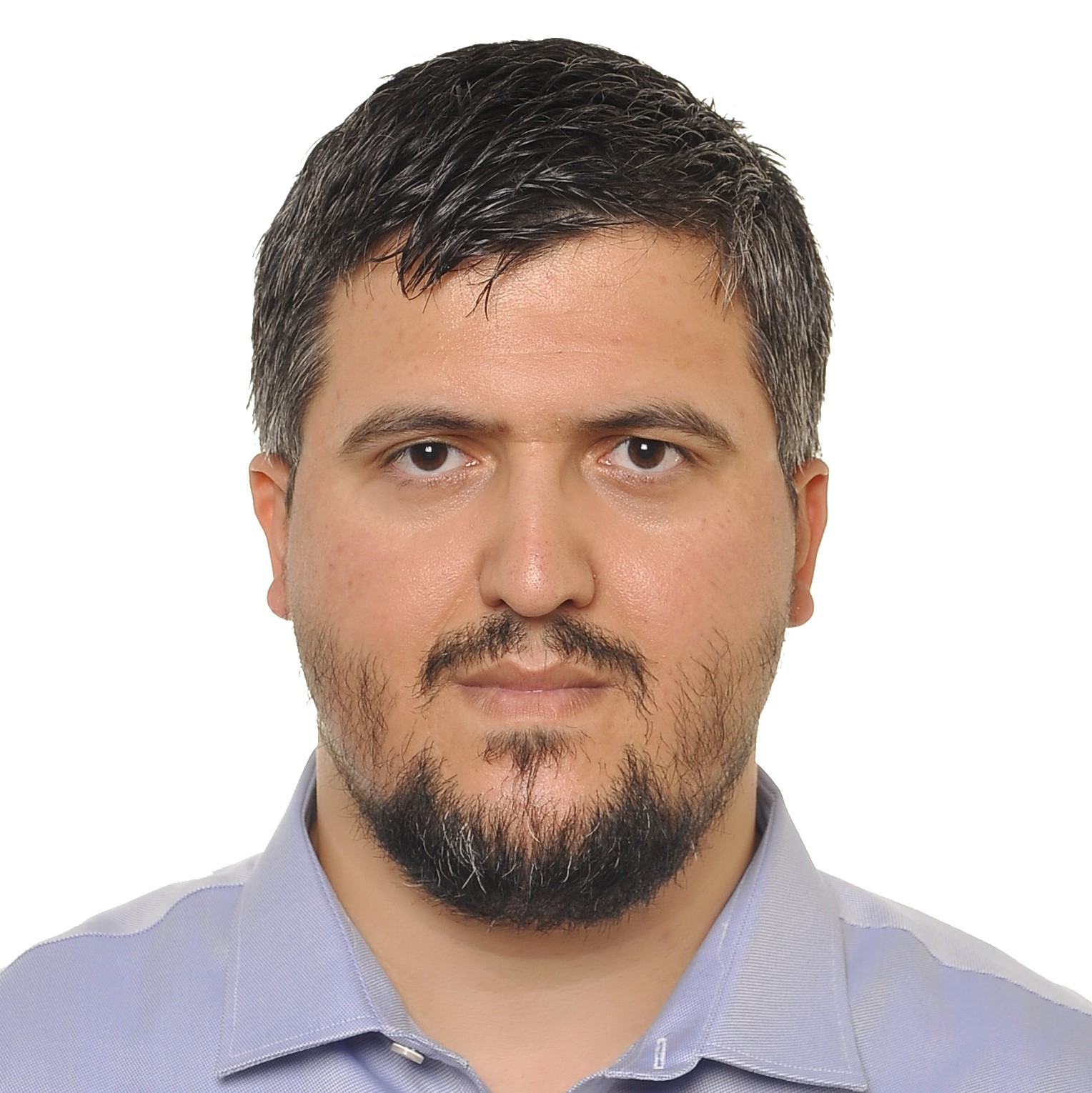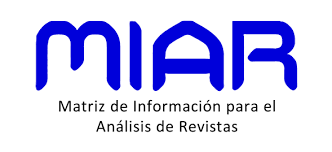Research Article
Book Review
Issue Editorial Board



Bursa Uludağ Üniversitesi İlahiyat Fakültesi mezunu. Erasmus Programı çerçevesinde Hollanda Radboud University Nijmegen’da öğrenim gördü.
Yüksek lisansını Tâceddin b. Zekeriyyâ el-Osmânî el-Hindî ve Âdâbü’l-meşîha ve’l-mürîdîn Eserinin Tahkik ve Tahlili başlıklı teziyle Sakarya Üniversitesi’nde tamamladı.
2011-2013 yılları arasında Konya Selçuk Üniversitesi Mevlâna Araştırmaları Enstitüsü’nde Araştırma Görevlisi olarak görev yaptı.
Marmara Üniversitesi’nde başladığı doktora eğitimine görev nedeniyle Sakarya Üniversitesi’nde devam etti ve 2019 yılında “XVIII. Asır İstanbul Mevlevîliği” başlıklı teziyle doktor unvanı aldı.
Doktora tahsili boyunca Sakarya Üniversitesi İlahiyat Fakültesi’nde Araştırma Görevlisi, TDV İslâm Araştırmaları Merkezi’nde (İSAM) ise AYP Araştırmacısı olarak ihtisas çalışmalarına devam etti.
2024-2025 Akademik yılında Qatar University, College of Arts & Sciences, Center of Arabic for Non-Native Speakers’da Arapça dil eğitimi aldı.
Halihazırda Sakarya Üniversitesi İlahiyat Fakültesi Tasavvuf Anabilim Dalı Öğretim Üyesidir. Araştırmalarını Erken Dönem Tasavvuf Düşüncesi, Âdâb Literatürü, Osmanlı Dönemi Tasavvuf Tarihi; Mevlâna ve Mevlevîlik üzerine yoğunlaştırmıştır.

He graduated from the Faculty of Theology at Marmara University in 2014. In 2018, he completed his master’s degree in the Department of Islamic History and Arts at Faculty of Theology, Sakarya University, with a thesis titled “The conquests of the territory of al-Shām (Greater Syria) (634-640 AD) according to Al-Balādhurī (D. 279/892-93).” He currently serves as a research assistant at the same university, continues his doctoral studies, and plans to complete his dissertation in 2025. His research interests focus on early Islamic conquests, weapon culture, military organization, and Islamic historiography.
Selected Publications:
SSCI Q1 – Yılmaz, Halil İbrahim et al. “Studying Early Islam in the Third Millennium: A Bibliometric Analysis.” Humanities and Social Sciences Communications 11/1 (2024): 1–13. https://doi.org/10.1057/s41599-024-04058-2
AHCI – Şenel, Samet, and Halil İbrahim Yılmaz. “Tayādhūq (Theodocus/Théodoros) and his role in the formation of Islamic medicine.” Journal of Medical Biography 31.4 (2023): 217–220. https://doi.org/10.1177/09677720211052509

Aim & Scope
The journal is an international refereed journal published twice a year, in June and December, by Sakarya University Faculty of Theology. Journal of Sakarya University Faculty of Theology, an academic journal, aims to contribute to the accumulation of knowledge in the field of theology and social sciences by publishing studies with scientific qualifications at national and international level. The publication language of the journal is Turkish. Arabic and English scientific studies are also published. Articles submitted to the journal are subjected to double-blind anonymous refereeing. In addition, in order to prevent plagiarism, all submissions are subjected to plagiarism scanning with the website, www.intihal.net program.
Our journal attracts the attention of many researchers with a wide range of publications in the field of theology and social sciences and allows them to publish their works.
The scope of our journal includes all fields of research related to religion in general. While research articles on Judaism, Christianity, Eastern religions and modern beliefs are also published in our journal, Islam studies are predominant. As long as it is related to the concept of religion, sociology, psychology, philosophy, history, language, culture, politics, Ottoman and Middle Eastern studies are also included in our journal.
Author Guidelines
1. When preparing work for submission, TDV Islam Ansiklopedisi (DIA) writing-spelling rules must be followed.
2. SAUIFD accepts only the works whose footnotes and bibliography are prepared according to ISNAD Citation Style (Second Edition- with footnote).
3. The author should add Turkish and English titles, abstracts, and keywords before the main text in each article. The Turkish abstract should be between 150-200 words and written in 7 points Verdana. The English abstract should be between 750-1000 words and written in 7 points Verdana. In addition, each article should contain 5-6 keywords.
4. The articles that are sent to the Journal should not exceed 9000 words including footnotes and bibliography. As for books and symposium reviews, 2500 words should not be exceeded. Authors should add a Turkish and English abstract of 75-100 words and keywords of 3 words in book reviews.
5. The works should be submitted in A4 size format in MS Word program. The page size, font, line, and paragraph spacing should be the following:
· Top: 5.4 cm; Left: 4.5 cm; Bottom: 5,4 cm; Right: 4.5 cm.
· Font: Palatino Linotype (Main text: 10; footnote: 8 points).
· Line spacing: Exactly, Value: 14 nk; Paragraph spacing: before: 0 nk; After: 3 nk.
· Traditional Arabic fonts should be used in Arabic texts.
6. If there are tables, graphics, and pictures in the article, the objects' size should not exceed 12 cm of width.
7. The bibliography should be organized alphabetically by the surname of authors.
8. The footnotes should be under the page and arranged according to the sequential number system.
Ethical Principles and Publication Policy
Authors should not resubmit the same papers previously rejected in our journal. In such a case, the papers will be rejected.
Price Policy
• Journal of Sakarya University Faculty of Theology (SAUIFD) does not request any fees for article submission, reviewing and editing processes, page-layout and publication (page or color fees).
• SAUIFD does not pay any fees to authors, reviewers, editors, and editorial board members.
• All papers on SAUIFD are free to read and download.
• SAUIFD sign on to the Budapest Open Access Initiative (BOAI), which promotes free access to research literature, and has adopted the Open Access Principles that clarified in this initiative.
• All papers on SAUIFD are archived with LOCKSS (Lots Of Copies Keep Stuff Safe) system through TÜBİTAK ULAKBİM DergiPark.
• SAUIFD does not accept announcements, advertisements, sponsorships, etc. due to its publication policy.
• SAUIFD is an open-access journal that does not request any subscription fees.
• We do not offer a reprint service for those requiring professional-quality reproductions of papers.
* All expenses of the SAUIFD are covered by Sakarya University.
SAUIFD accepts the Open Access Journal Policy for expanding and flourishing of knowledge.


















